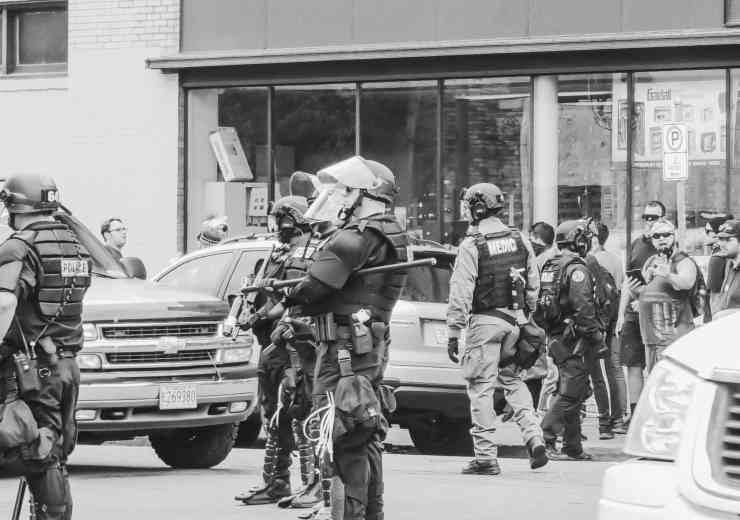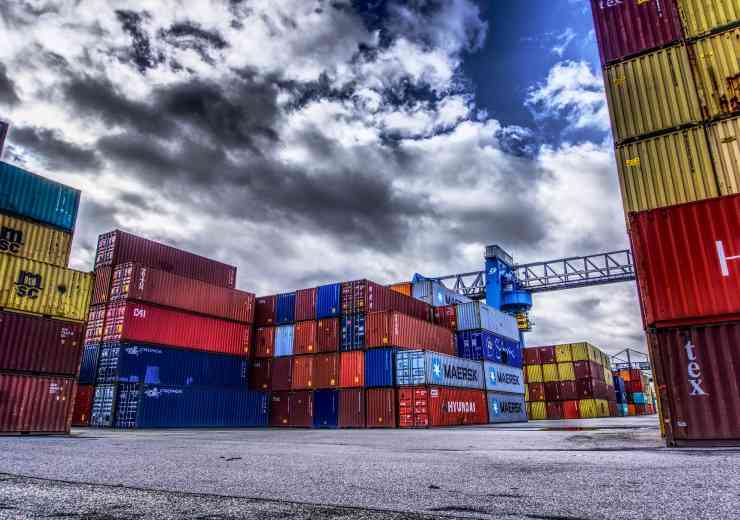East Africa: knowing the risks and opportunities
 The development of 3D seismic exploration capability combined with ever advancing engineering technology brings gas finds and oil prospects in the East Africa footprint of Uganda, Kenya, Tanzania and Mozambique, in excess of those found in Qatar.
The development of 3D seismic exploration capability combined with ever advancing engineering technology brings gas finds and oil prospects in the East Africa footprint of Uganda, Kenya, Tanzania and Mozambique, in excess of those found in Qatar.
Key players from the world’s energy sector are positioning to assist respective nations to realise, refine and market their natural resource, bringing global experience gained from the challenging technical and physical environments of the North Sea, Brazil and Kazakhstan, where such challenges have proven to be fertile learning platforms for the engineering community.
Potential Risks
Africa is a large, diverse and formidable continent consisting of 54 countries. The region is often considered volatile due to a range of factors including tribal, political, health, geographic, migration and environmental. Discoveries of mineral wealth – oil, diamonds and water – have been sighted burdens rather than assets, are often identified as the root cause of historical conflicts.
There are many risks to operational security. Recent events in Africa highlight loss of life and hostility by ongoing Boko Harem activity in Nigeria, the In Amenas terrorist attack in Algeria (2013) by Al Qaeda (AQ) linked terrorists and the Westgate attack in Kenya (2013) by Al Shabaab. 2015 has seen further Al Shabaab atrocities, one killing over 140 students in Kenya. Stability and security across Africa is often presented as unsafe or as a reason which prohibits international operations. But to put this in context, the UK has had its fair share of terrorism since the late 1960s – the Lockerbie bombing in 1988 killed 259 and the London bombings in 2005 killed 56.
Regional dynamics in Africa are fluid and have changed significantly over the past decade. More recently in the North, the Arab Spring had a dramatic impact which toppled governments. The previous safe regions of the 1990s of Libya, Egypt and Tunisia are, in the eyes of many insurance companies, no-go areas today. The Central African Republic (CAR) is yet another hostile zone, as is Syria.
Noting such events, one can begin to realise the challenges faced within the continent where porous borders, inconsistent police or military forces and poor communications add further challenges for governments who may lack transparency or legitimacy in the eyes of the international community.
Terror incidents
The In Amenas and Westgate incidents highlighted inadequate government responses to terror attacks, which arguably caused greater damage and loss of life than they saved. Responses seemed ill conceived, ill prepared and ill advised. Military gunships were used to attack the Algerian base, with media footage showing uncoordinated firing at seemingly any person that moved.
In Kenya, media showed soldiers cowering outside the shopping centre, latterly there was footage of government forces carrying bags of looted goods and stepping over dead civilian bodies inside the shopping centre. Libya, Tunisia and Nigeria government forces have also responded poorly to hostile events in respective countries. The common thread forms that Forces being poorly trained, equipped and paid are unlikely to provide appropriate emergency response.
A 2015 snapshot finds evidence that Al Shabaab are actively recruiting in Kenya. In Libya, the militia numbers continue to grow as the country grows deeper and deeper in to lawlessness, with AQ or Islamic State (IS) affiliated groups now deeply rooted in the North East. South West Libya is believed to be active training grounds for collaborating banditry, including Hamas, IS and AQ as the military tourism model previously witnessed across Afghanistan, Chechnya and the Balkans reappears.
Planning & Prevention
This is the context from which operational planning begins. With the appropriate risk scoping and planning, Africa operations can not only be a viable business option, but brings the added bonus of assisting developing nations. Training opportunities, supporting international partners and developing local skills through determined, committed and courageous learning programmes, provide learning and engagement forums for all stakeholders to grow and benefit. Morally, Africa offers wonderful opportunities where all stakeholders can win.
Planning for operations in such environments can be challenging and a common oversight within the energy sector is the oft-seen defaulting to Health and Safety (H&S) leaders to scope and manage in hostile environments. The flaw in this model is that H&S models may only scope risks within the parameter of any given site on a compliance basis, meaning the likes of Westgate, In Amanas or the Arab Spring would be unlikely to be considered in any risk scoping exercise.
There are other incidences where I have witnessed engineering project managers leading the preparation for an Africa operation, with absolutely no regional insight or input other than technical engineering knowledge. The consequences of such oversight can be fatal. I would recommend employing the services of an experienced Africa hand for the scoping of any operation, as well as an academically qualified individual who considers action to be taken if the worst possible ‘what if’ should ever occur.
Risk scoping may include bordering regions where, due to porous and unpoliced borders, local conflicts can quickly escalate to be international. Examples of cross border incursions include recent Somali attacks in Kenya. Poorly paid government forces are unlikely to risk their lives in the face of armed conflict.
Companies should avoid overloading H&S professionals who may be unfamiliar or unsighted with African cultures and trends and instead utilise experienced risk and security professionals who have operational experience in Africa.
An excellent example of contingency planning in action was Tullow’s ability to extract trapped employees and their family from within the Westgate shopping centre as the terror siege was ongoing. Private security teams (ex UK military) extracted employees and other shoppers quietly and efficiently days before government forces entered the building.
Police incidents of expat harassment on fabricated charges can bring significant financial reward to corrupt officers. Yet, if one pays, it endorses a successful business model for the culprit. I encountered this in many countries and, in Angola, started recording all such incidents and providing monthly reports to the British Ambassador who in turn passed to the Angolan government with the message that such harassment was preventing the international community from helping Angola. After a few months, the incidences decreased.
Physical threat scoping should consider the ease of access to weaponry in Africa and the unpredictability factor where, 9 times out of 10, a road or junction may be safe, yet on the 10th visit an aggrieved local (or police) with an AK47 may be attracted to your shiny expat 4x4 vehicle.
How does one handle the situation? A swift move for the handbrake or to remove seatbelt may be perceived as reaching for a weapon.
Nervousness may stall the vehicle, giving the perception of attempted escape. Such scenarios should be considered and drivers trained accordingly including with anti-hijack and first aid skills.
One should be prepared for the significant cultural differences between working in the West and working in Africa. Locally, the day may start when the sun rises and ends when it sets. Additionally, priorities may differ and tribal hierarchies are incredibly significant.
Hotels and support services also differ in quality and ability and a number of questions need to be considered, such as Does your travel company check on food hygiene practices? Are fire exits padlocked closed for security, or is there a clear route for escape? How capable is the local fire service, can their hose or ladder reach above the 3rd floor?
Moving Forward
The points I have detailed above are not show-stoppers, far from it, they are platforms from which contingency and operational plans can evolve. We now have a baseline to develop corporate and training plans which can grow and engage within local communities. Consider within plans that, unlike the West, it is not viable to rely upon local national government forces for support, therefore organisations must develop individual robust and workable plans.
Where new-build complexes are being developed, safe rooms, fire-fighting and escapes along with practical security and protection methods should be considered and information relating to building infrastructure should be protected; both In Amenas and Westgate attacks benefited from insider knowledge. Engage local communities with security, fire-fighting and medical training and extend corporate facilities to support the community should a local emergency arise. Local engagement is key to success.
Having worked across perhaps a quarter of Africa on and off for roughly 15 years, I encourage organisations to overcome their fears and seek to develop business opportunities. Companies that scope well and understand the challenges will undoubtedly reap business reward. Bringing organisations to Africa can lead to growth, developments and benefits at all levels from community to government.
digital issue




















